Book Appointment with Best Dermatologist Near You

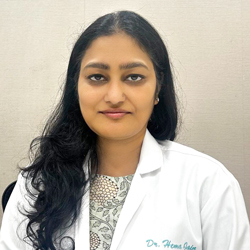


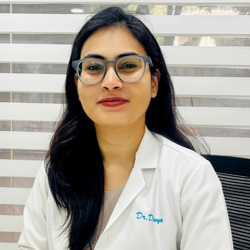





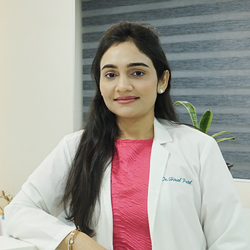






Dr. Supriya Devidas Raut
Consultant - Dermatologist
MBBS, DVDL - Diploma in Dermatology, Venereology & Leprosy



Dr. Mittapalli Satya Vaishnavi
Consultant - Dermatologist
MBBS, MD - Dermatology, Venereology & Leprosy


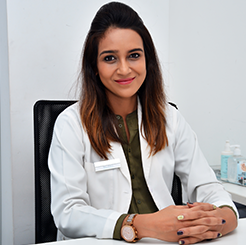


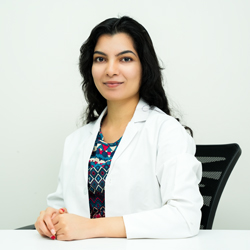







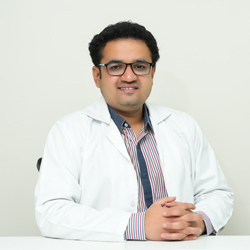
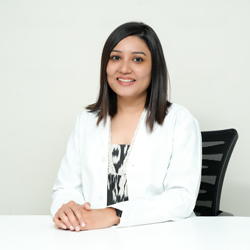
Dr. Priyanka Chhaganbhai Vadher
Consultant-Dermatologist
MBBS, MD - Dermatology, Venereology & Leprosy


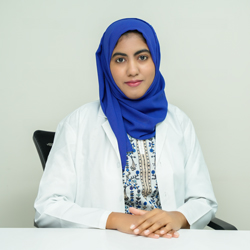



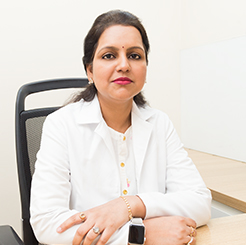
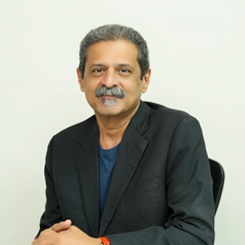






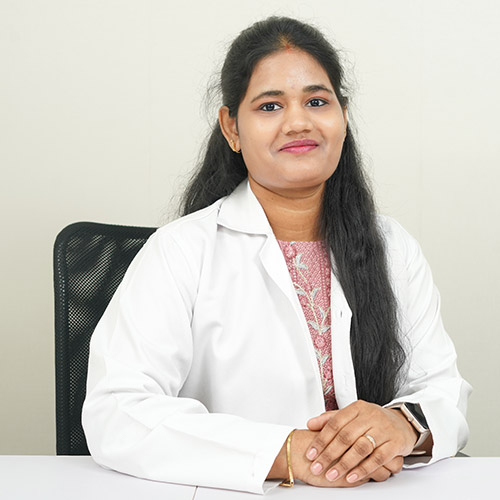

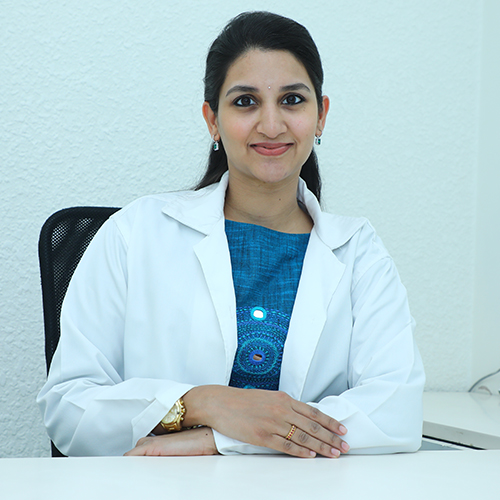
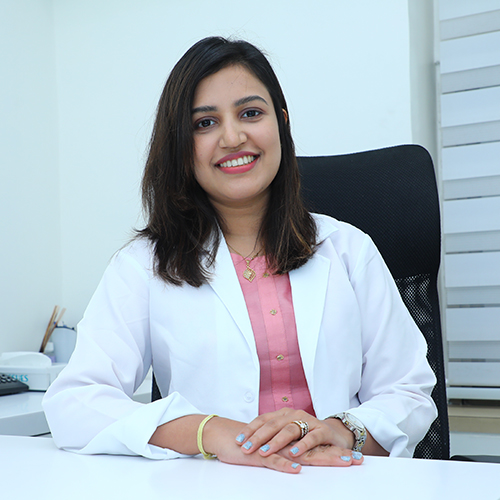
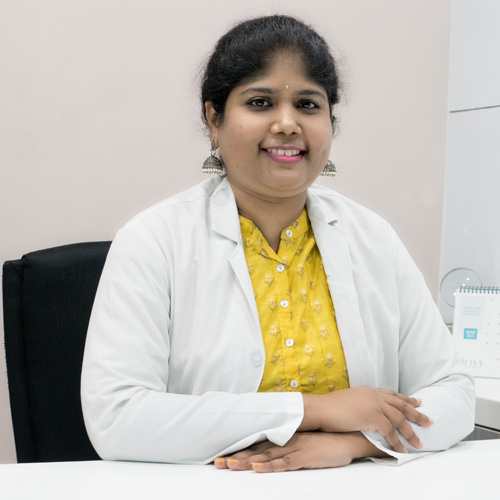
Dr. Sanky Divya
Consultant - Dermatologist
MBBS, DDVL - Diploma in Dermatology, Venereology & Leprosy
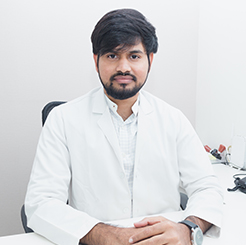
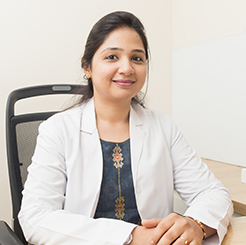
Dr. Meghana Karlekar
Consultant - Dermatologist
MBBS, DDVL - Diploma in Dermatology, Venereology & Leprosy
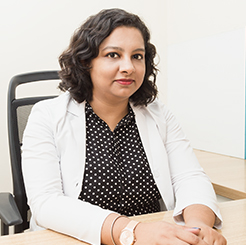
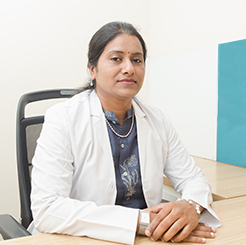
Dr. Lakshmi Muniyadi
Consultant - Dermatologist
MBBS, DDVL- Diploma in Dermatology, Venereology & Leprosy


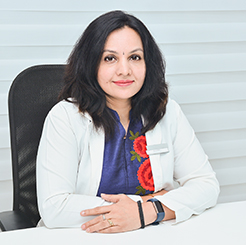

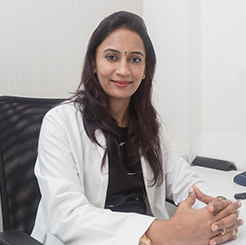
Dr. Soumya Podduturi
Consultant - Dermatologist
MBBS, DDVL - Diploma in Dermatology, Venereology & Leprosy
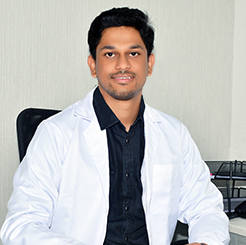
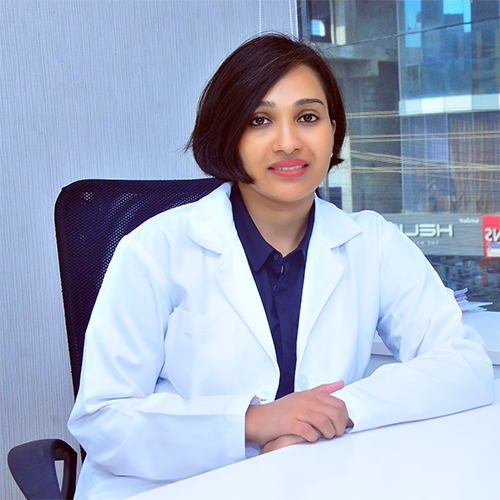
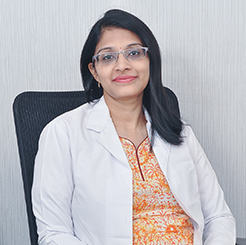
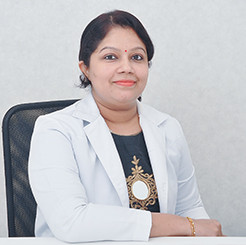
Dr. Lakshmi Durga M
Sr. Consultant - Dermatologist
MBBS, DDVL - Diploma in Dermatology, Venereology & Leprosy
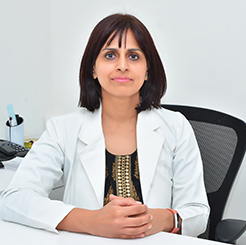
Dr. Jyothi Menon
Consultant - Dermatologist
MBBS, DVDL - Diploma in Dermatology, Venereology & Leprosy
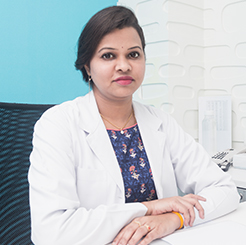
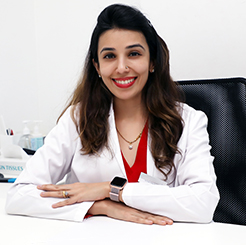
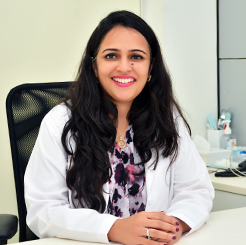

Dr. Akshitha Ratnakara Shetty
Consultant - Dermatologist
MBBS, MD - Dermatology, Venereology & Leprosy
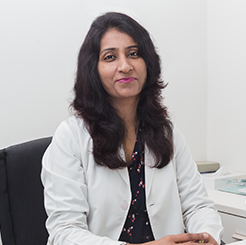

Dr. Ridhima Yadava
Consultant - Dermatologist
MBBS, DDVL- Diploma in Dermotology, Vernelogy & Leprosy




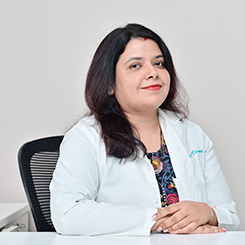


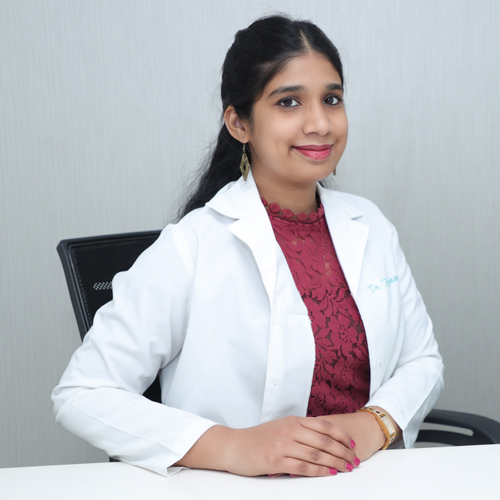




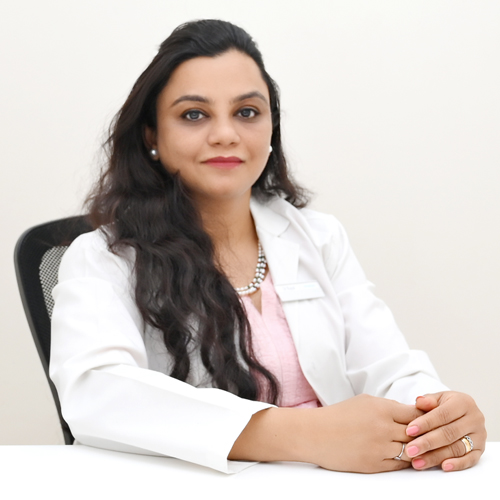
Dr. Rupal Rajesh .C
Consultant - Dermatologist
MBBS, DDVL - Diploma in Dermatology, Venereology & Leprosy
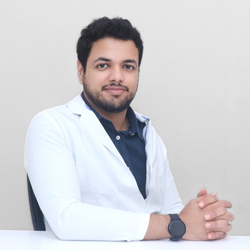



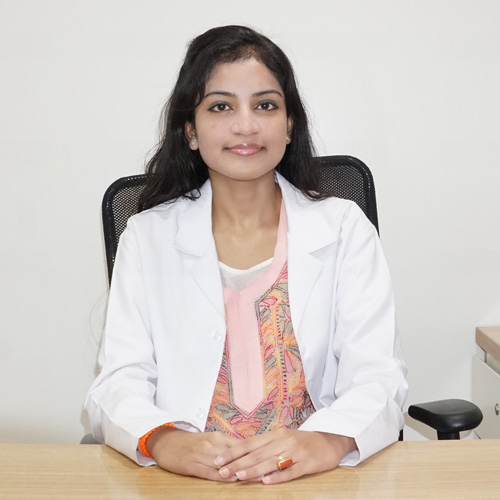
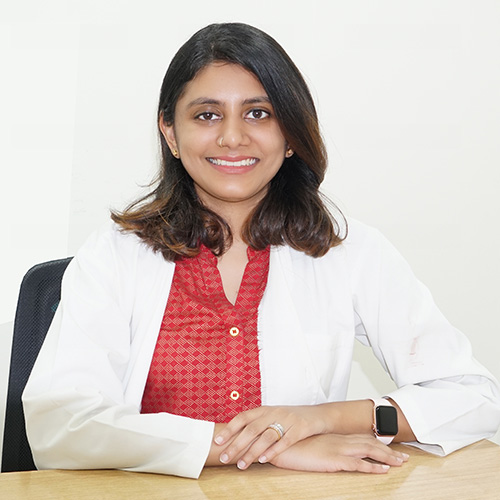


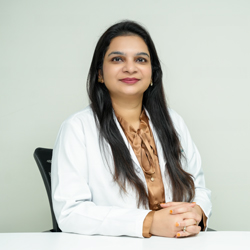
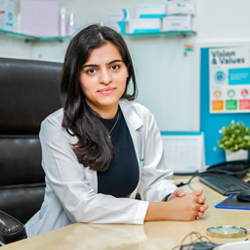

We innovate for better, affordable healthcare driven by our doctors and patients.
7.5 Lakhs+
Happy Clients
115+
Expert Dermatologists
32 Clinics
in India
95%
Client Satisfaction
Know More About Dermatologist
What Does A Dermatologist Do?
A dermatologist is a specialist or trained doctor who can accurately diagnose and medically treat various conditions that affect the skin, hair, fat and oral and genital membranes to alleviate any functional discomfort or related aesthetic concerns. After completing MBBS, one has to pursue a three-year-long post-graduate course in Dermatology Venereology & Leprology to obtain a Doctorate of Medicine [MD].
Types Of Dermatologists:
There are different types of dermatologists depending on their field of specialisation-
- Paediatric Dermatologists: A dermatologist who specialises in treating the skin and hair conditions in children like birthmarks, vitiligo, acne, rashes, alopecia, allergies, scars and more. They can assess genetic issues and suggest an appropriate treatment suitable for children that may include topical applications, mild skin-care products, dietary changes or growth removal if required.
- Immunodermatologists: These dermatologists undergo comprehensive training to correlate dermatology issues and any underlying immune system disorder. They specialise in treating eczema, contact dermatitis, and autoimmune diseases.
- Dermatopathologists: These specialists perform microscopic and laboratory investigations of skin and hair diseases. It is a pathological research-based role with minimal patient interaction.
- Cosmetic Dermatologists: These dermatologists are adept at performing advanced aesthetic procedures like skin tightening, body contouring, laser hair removal, acne scar and anti-ageing treatment using technological innovations.
What Types Of Conditions Do Dermatologists Treat?
A dermatologist can treat hair and skin-related conditions, including acne, marks, cellulite, skin ageing, discolouration, scalp infections, hair loss and more. They can also diagnose underlying health conditions related to your stomach, kidneys and hormonal health by evaluating signs and symptoms that affect you dermatologically. Dermatologists can also perform minor surgeries for mole or cyst removal and skin biopsies. They are skilled at performing advanced aesthetic treatments like botulinum toxin, fillers, chemical peels, laser toning and liposuction.
Here is a list of some of the most common conditions that dermatologists treat-
- Acne: A dermatologist can identify and treat different types and grades of acne depending on their severity. He may prescribe topical or oral medication for minimising mild to moderate acne. For treating severe acne, the dermatologist may recommend clinical treatments such as chemical peels and intralesional injections and more.
- Scars: These permanent marks result from abnormal collagen and melanin production during the skin healing process after inflammatory acne. Dermatologists use advanced technology for performing virtually non-invasive methods to help you improve your skin texture.
- Hair loss: Hair fall, hair thinning, and balding are some hair loss related issues that a dermatologist can manage by conducting a thorough physical examination and trichoscan to evaluate your scalp condition and hair quality. They may run blood tests to investigate the hormonal status and nutritional deficiencies, record the family history of balding, lifestyle habits and medical past to diagnose if the cause of hair loss is hereditary or stress-related or not, the type and severity of the condition to treat it accordingly. They can reverse early stages of hereditary hair loss non-surgically and perform hair transplantation surgeries for hair regrowth in advanced cases of balding.
- Hyperpigmentation: Dark patches on the skin and uneven skin tone can be due to hormonal imbalance or premature ageing due to prolonged sun damage or allergic reaction to medicines and aftermath of inflammation. A dermatologist can identify the type and cause of discolouration, including melasma, sunspots, freckles, PIH, tan, macular amyloidosis, and Lichen planus pigmentosus (LPP). He can then customise the treatment based on the severity of the condition and your skin tone and type to minimise the pigmentation and restore your flawless complexion.
- Skin ageing: A dermatologist can reverse different signs of premature skin ageing like fine lines, wrinkles, saggy skin, crow’s feet, laughter lines, age spots, jowls, turkey neck, creases and folds, dullness, open pores, volume loss, and uneven skin tone to help you achieve a younger and rejuvenated appearance than before.
How Do Dermatologists Perform Diagnosis?
A dermatologist can ascertain the skin and hair condition via different approaches such as the following:-
- Physical examination to assess your skin and hair health
- Dermascan to identify your skin type, concern and severity of the condition
- Trichoscan to analyse your scalp condition, hair type and quality and the severity of hair loss
- Evaluate your family dermatology history
- Factor in your current medical conditions and lifestyle habits
- Recommend blood investigations to check for hormonal issues or nutritional deficiencies
- Conduct skin biopsy if needed
Common Procedures A Dermatologist Performs:
Here are some popular procedures qualified dermatologists are adept at performing-
- Biopsy: An experienced dermatologist may perform an advanced procedure to extract squamous cells or basal cells to check for malignancy after applying local anaesthesia.
- Chemical Peels: Dermatologists use different concentrations of plant-based extracts for controlled exfoliation based on the target area, skin type, and the severity of concern to reveal healthy tissue.
- Laser Treatments: These revolutionary treatments can help eliminate the melanin build-up and correct the skin tone. It can stimulate collagen production and improve skin texture and permanently reduce unwanted hair growth and density to provide hair-free silky soft skin for life. Trained dermatologists perform these safe and effective aesthetic treatments using cutting-edge laser technology with precision to give visible results painlessly.
- Body Contouring: You can get rid of stubborn subcutaneous fat deposits in specific body areas non-surgically with the help of your dermatologist. He can use ultrasound energy or cryotherapy to help you eliminate belly fat, bra fat or back fat and help you get back in shape.
- Injectable Facial aesthetic Treatments: Botulinum toxin and fillers help enhance facial features, correct volume loss, redefine your jawline, minimise wrinkles and fine lines and restore your youthful and aesthetic appeal.
Tips To Choose A Good Dermatologist Near You
It can be a task to find a good dermatologist with the right qualifications and professional expertise to cater to your skin and hair needs effectively.
Here are a few helpful tips on how to choose the best dermatologist in India –
- If you are looking for a dermatologist near you, find out the one who has a specialisation in your specific concern area. For instance, you need to visit a cosmetic dermatologist for skin damage and ageing issues.
- Check the qualifications of the dermatologist and the years of experience they have thoroughly by requesting it from the clinic you are visiting.
- Ask for referrals from friends and family. Their personal experience will speak volumes about the expertise of the dermatologist.
- Alternatively, you can do online research and check client feedback and ratings.
- Before going for the initial consultation, prepare a list of questions beforehand. An experienced dermatologist should be able to clear your concerns before rushing you into buying a specific treatment.
- Evaluate the communication style and attitude of the dermatologist. A trustworthy dermatologist is an attentive listener and should have a holistic approach to addressing the underlying concerns and ensuring long-lasting results.
- Look for customised and evidence-based solutions. Do not fall for those promising instant results.
- Feel free to ask the pros and cons of the procedure and share your safety concerns. Find out about the technology used, side effects involved, and cost of treatment to make an informed decision.
When To See A Dermatologist?
Are you wondering when to see a dermatologist or whether to see him or not? It depends on the type and severity of the concern you have. As a rule of thumb, if you note any temporary changes in your skin and hair health and it subsides in a few days, you don’t need to visit a dermatologist. However, if the condition worsens within days or weeks, it is a good idea to seek the medical attention of a qualified dermatologist to prevent irreversible damage. Generally, one should visit a dermatologist if any skin and hair condition is bothering you and you are unsure how to deal with it. Additionally, it is advisable to get yearly skin check to rule out any underlying issues. You can visit a dermatologist if you have one or more of these conditions –
- Skin irritation or rashes
- Discolouration or hyper-pigmentation
- Recurrent acne and scars
- Warts
- Varicose veins
- Hair loss problems
- Changes in moles and warts
- Nail disorders
- Dandruff
- Premature ageing signs like saggy skin, wrinkles and fine lines
- Cold sores
- Excessive sweating
- Vitiligo
Now you know why and when you should see a dermatologist. If you notice any anomalies in your skin or hair health condition, do not delay to seek professional medical help immediately.
FAQs
Generally, the initial consultation will cost you around Rs 900 depending on the dermatologist’s qualification and experience and the clinic’s location and reputation. Lower prices may seem tempting, but it is best to not take risks with your skin and hair health by going to amateurs.
Yes, dermatologists can perform minor surgeries for mole or wart removal and skin biopsies. Some are also skilled at the surgical removal of benign or malignant cysts.
Dermatologists recommend skin-care products free of fragrance and harsh chemicals like SLS, sulphates and parabens and have ingredients with proven safety and efficacy. They will recommend suitable non-comedogenic products after considering your skin type, cause and the severity of your condition while customising your skin-care regimen.
A dermatologist is a medically qualified professional with advanced training to improve your skin and hair health. A skin-care specialist or esthetician helps maintain the skin tone with beautifying treatments. A person doesn’t need a professional medical degree to become a skin specialist or skin-care specialist.


